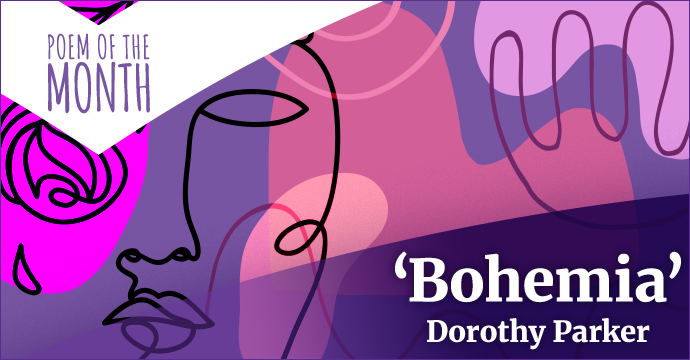
Authors and actors and artists and such
Dorothy Parker, Sunset Gun, 1928
Never know nothing, and never know much.
Sculptors and singers and those of their kidney
Tell their affairs from Seattle to Sydney.
Playwrights and poets and such horses’ necks
Start off from anywhere, end up at sex.
Diarists, critics, and similar roe
Never say nothing, and never say no.
People Who Do Things exceed my endurance;
God, for a man that solicits insurance!
“The first thing I do in the morning is brush my teeth and sharpen my tongue.”
Dorothy Parker was born in New Jersey and raised in Manhattan, New York City. She had lost both her parents by the age of 20, and though she attended a convent school and finishing school, she entered adulthood without formal certification. Parker supported herself by working as a pianist at a dance academy. A keen writer from childhood, she sold her first poem to Vanity Fair in 1914. Her contributions to such publications including Vogue grew popular until she eventually became the Vanity Fair theatre critic.
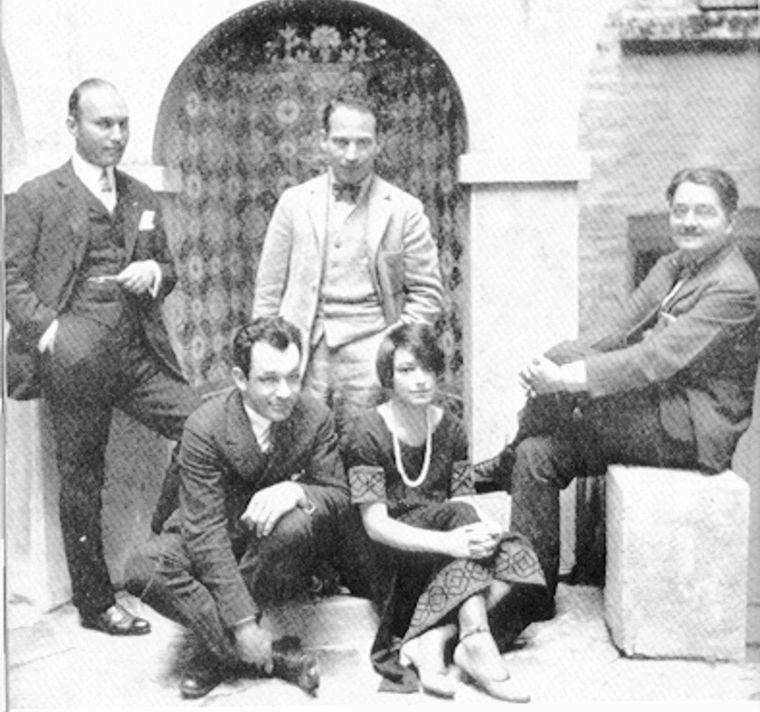
Parker was a key member of the Algonquin Round Table; a group of friends, writers, producers, and performers, who became known for their regular meetings of drinking, intellectual criticism, commentary, and wit. By 1925, Parker was an editor of the board for the brand new publication, The New Yorker.
Her first book of poems, Enough Rope, was published in 1926, and soon became a bestseller. She went on to publish further poetry collections including Sunset Gun, and Death and Taxes, as well as books of short stories over the next decade. After moving to Hollywood, Dorothy Parker alongside her husband Alan Campbell became a successful screenwriting duo, working most notably on the film A Star is Born.
Parker is also well known for political activism. She campaigned in support for racial and gender equality, she voiced support for gay rights, as well as many other social causes. Parker also became the National Chairman of the Joint Anti-Fascist Refugee Committee. Before her death, she granted that a percentage of her estate was to be given to Martin Luther King Jr. These funds were granted to the NAACP after MLK Jr’s assassination.
Beneath the hard exterior
Dorothy Parker’s writing is fuelled by her unforgettably sharp witticisms while dealing with larger themes of duality, power struggles and structures, society and politics. Parker lived with depression and alcoholism, which both influenced and were influenced by her life in the centre of culture throughout the Roaring Twenties through to the Golden Age. Behind the glitz and humour, Parker’s life was starred with heartache, including a suicide attempt.
Although her poetry and short stories are full of satire, as with most humourists, a darker story can be found between the lines – and sometimes not hidden at all. Writing, for Parker, was not a passion or a skill, but a necessity. Her writing carried her through a life of immense sadness, fantastic achievements, and a whole host of experiences in between. Her eventful life ended at the age of 73, but her work and memory live on.
If you’ve never read Dorothy Parker before, you may still be familiar with several of her quotes. Her biting comments and sharp observations still have the power to make people of the 21-century blush. Now, that’s an achievement! Check out her writing, find out more about her life, or explore more amazing poets.
Check out more poetry by exploring our entire collection of poetry books and anthologies.
What do you think of ‘Bohemia’? Have you read any more of Dorothy Parker’s work? Let us know in the comments below.

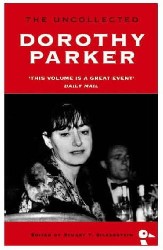
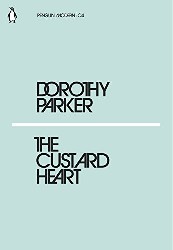
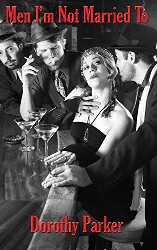
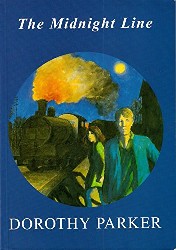
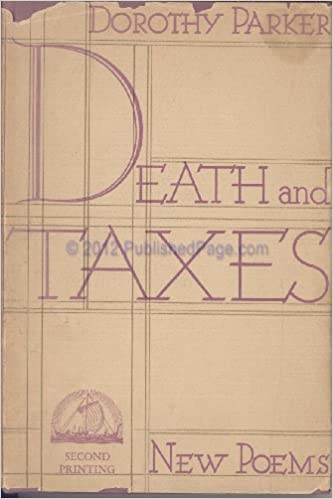
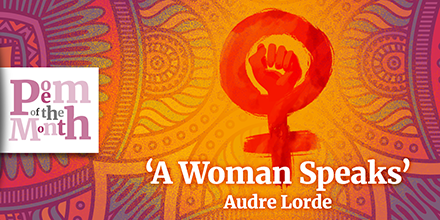
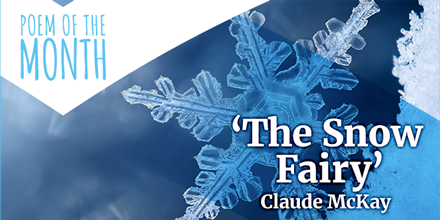
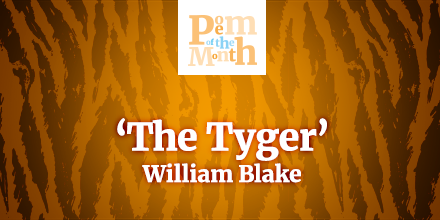
3 Comments
Yes I have…! The Algonquin Hotel is one of my favorite….Long ago I loved sitting in the lobby and having cocktails…reading Dorothy Parker…in house cat lounging on the front desk…
What a fantastic place to visit! It’s on our bucket list 🙂
I adore Dorothy Parker and have been reading about her and reading books and poetry since I was in High School. She and I would have been great friends and probably clawed one anothers eyes out!